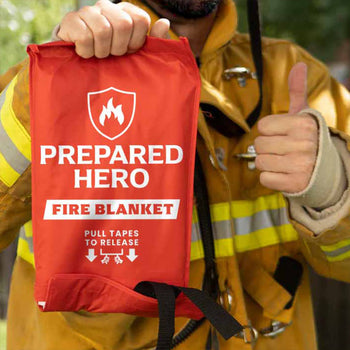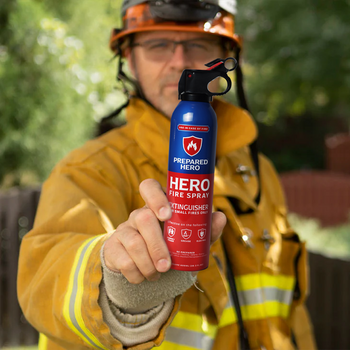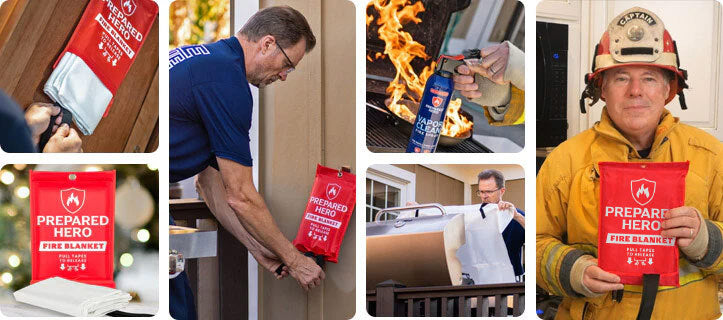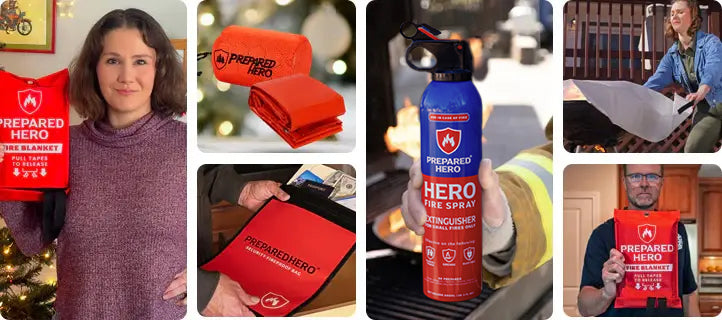Why Every Home Needs the Fire + Burn Care Kit (And How to Use It) Burns are one of the...
A working fire extinguisher can mean the difference between containing a fire and losing everything. But in some cases, fire extinguishers expire, and you should throw them away.
So, how do you know when it’s time to replace them? Read on to learn when to replace your fire extinguisher and the signs you need to watch out for.
When Should You Replace Your Fire Extinguisher?
Imagine having a fire extinguisher that doesn’t work when you need it the most. Prevent this from happening by looking out for the signs below:
1. Your fire extinguisher is expired.

The first sign is simple: your fire extinguisher has expired.
The tag indicates the expiration date, and even if you haven’t used your fire extinguisher before that date, you should still replace it. In addition, the expiration date depends on many factors, including the type of fire extinguisher and how it’s stored.
Remember, it’s not safe to use an expired fire extinguisher because it might not work and put lives at risk.
2. Your fire extinguisher is damaged.
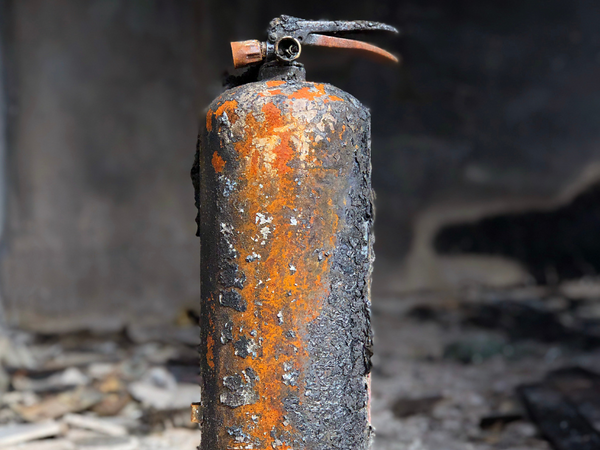
Physical damage can compromise the effectiveness of your fire extinguisher. Regularly check your fire extinguisher for the following signs of physical damage:
- Dents
- Broken pin
- Loose handle or hose
- Rust or corrosion
- Cracked hose
Dents on a fire extinguisher are a red flag because this means that your fire extinguisher has a weak structure or was mishandled. Meanwhile, a broken pin means the extinguisher could set off by itself, leaving you unprotected in a fire emergency.
On the other hand, a loose handle or hose makes it hard to aim, discharge the extinguishing agent, and use the fire extinguisher correctly. Rust or corrosion is also a bad sign because it can cause critical components to break, malfunction, or lead to safety issues like a ruptured cylinder.
3. Your fire extinguisher has low pressure.
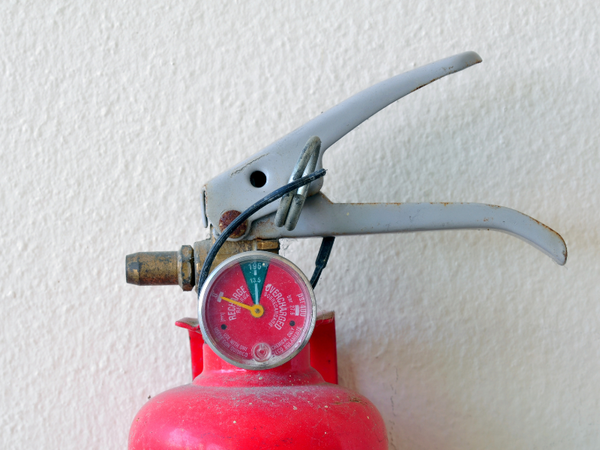
A fire extinguisher comes with a gauge for a reason: to prevent people from using them when their pressure is low.
You see, the pressure in a fire extinguisher ensures that the extinguishing agent comes out with enough force to put out a fire. If the pressure is too low, the extinguishing agent won’t spray out with the right force or might not spray out at all.
4. Regulations or the environment changed.
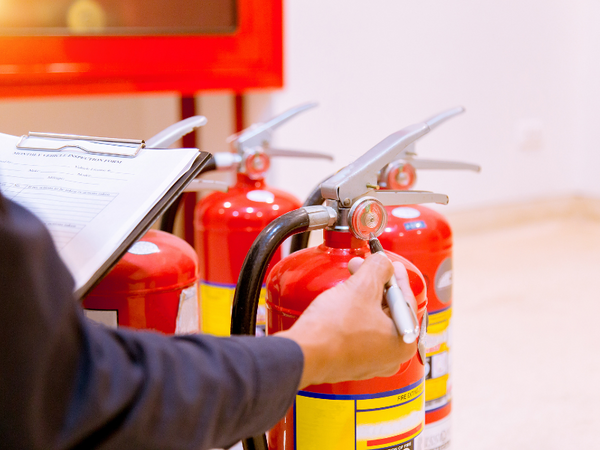
Authorities update regulations and standards to keep everyone safe. Staying up-to-date with these ensures that your fire extinguishers meet the requirements set by experts.
In addition, your environment and the fire hazards around you might change, so you need a different fire extinguisher.
For instance, you might need a different fire extinguisher from the one in your kitchen if you have flammable liquids and gases in your garage or workshop.
Always check if your fire extinguisher can put out the types of fire that could occur in your house. If not, replace it.


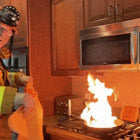 Fire
Fire Safety
Safety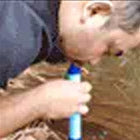 Survival
Survival Protection
Protection New
New Scouting America
Scouting America
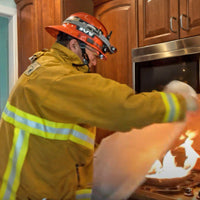 Fire
Fire Safety
Safety Survival
Survival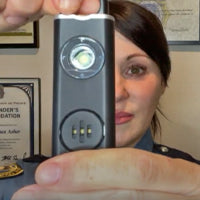 Protection
Protection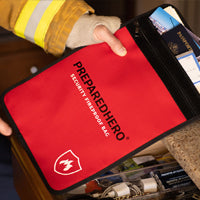 New
New
